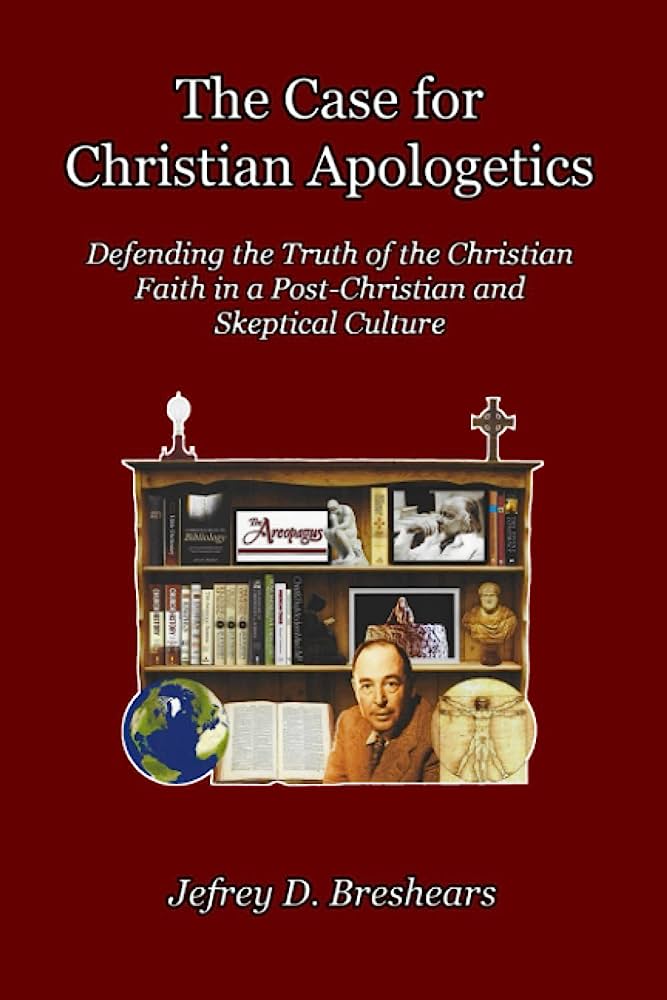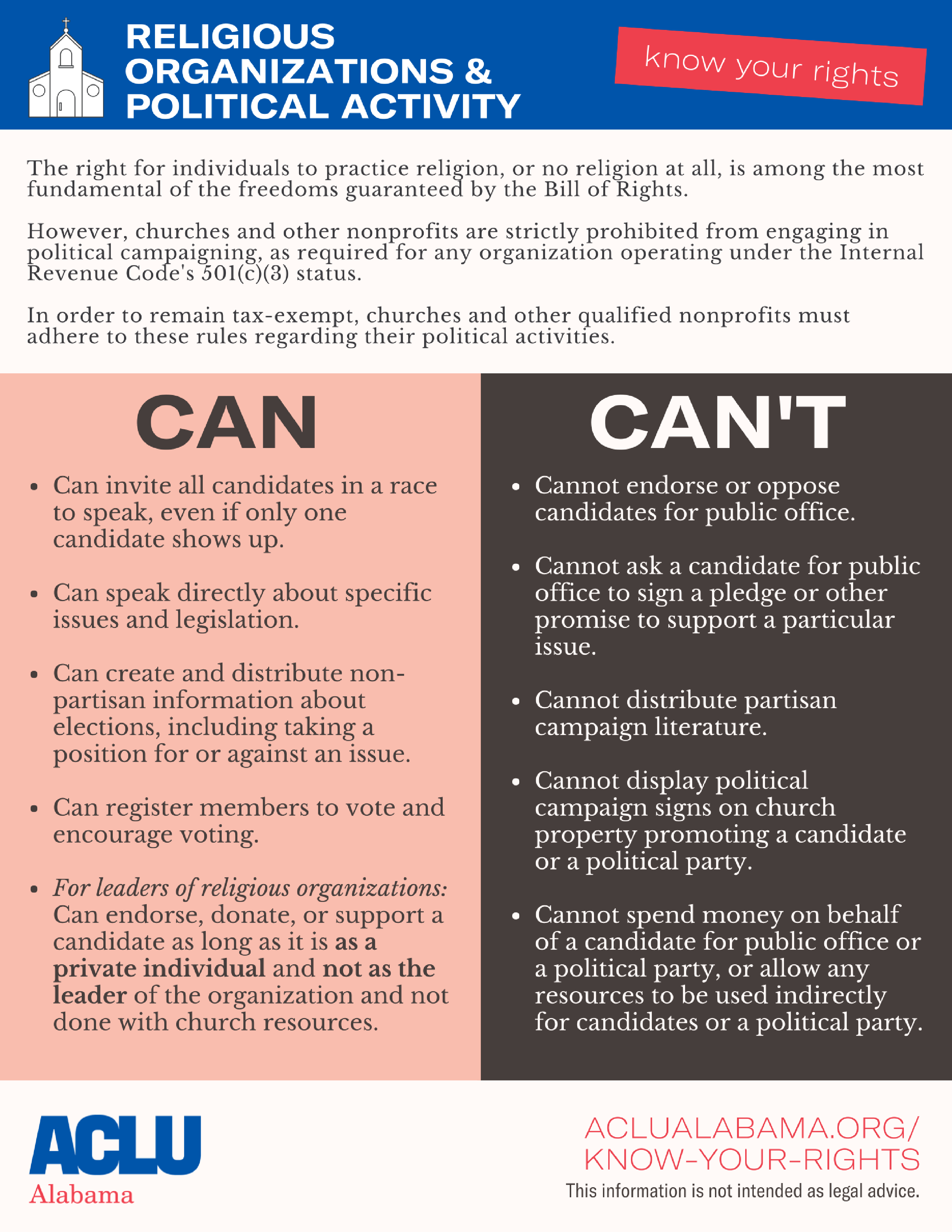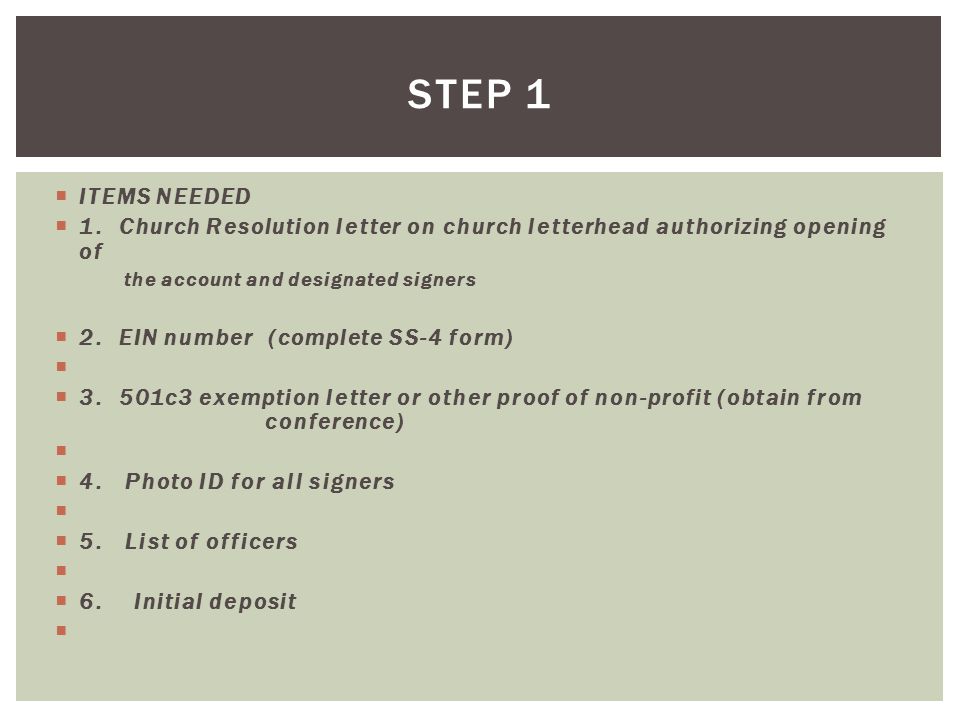Christian apologetics is the branch of theology that is concerned with defending and presenting the Christian faith in a rational and persuasive manner. The goal of Christian apologetics is to demonstrate the truth and reasonableness of the Christian faith to those who may be skeptical or hostile towards it. In this article, we will explore some of the most famous Christian apologetics and the arguments they have presented to defend the faith.
The Cosmological Argument
One of the most famous arguments for the existence of God is the cosmological argument, which states that everything that exists has a cause. The argument goes that the universe itself must have a cause, and that cause is God. This argument has been presented in various forms throughout history, but perhaps the most well-known version is the Kalam cosmological argument, which was developed by medieval Muslim philosophers and later adopted by Christian apologists.
The Kalam cosmological argument can be broken down into three steps:
- Everything that begins to exist has a cause.
- The universe began to exist.
- Therefore, the universe has a cause, which is God.
The first step of the argument is based on the principle of causality, which states that every event must have a cause. The second step is supported by the scientific evidence for the Big Bang theory, which states that the universe began to exist around 13.8 billion years ago. The third step concludes that the cause of the universe must be something that is not subject to the laws of causality, something that is eternal and uncaused, something that is God.
The Teleological Argument
Another famous argument for the existence of God is the teleological argument, also known as the argument from design. This argument states that the complexity and order of the universe and living things can only be explained by the existence of an intelligent designer. The most well-known version of the teleological argument is the argument from biological complexity, which states that the complexity of living things is best explained by the existence of a Creator.
The argument from biological complexity can be broken down into three steps:
- The complexity of living things is best explained by the existence of a Creator.
- The complexity of living things is undeniable.
- Therefore, the existence of a Creator is undeniable.
The first step of the argument is based on the observation that living things are incredibly complex, with intricate systems and processes that work together to sustain life. The second step is supported by the overwhelming evidence from biology and biochemistry, which shows that living things are incredibly complex and orderly. The third step concludes that the complexity and order of living things is best explained by the existence of an intelligent Creator, which is God.
The Moral Argument
Another argument for the existence of God is the moral argument, which states that the existence of objective moral values and duties can only be explained by the existence of God. This argument has been presented in various forms throughout history, but perhaps the most well-known version is the moral argument presented by Christian philosopher William Lane Craig.
The moral argument can be broken down into three steps:
- If God does not exist, objective moral values and duties do not exist.
- Objective moral values and duties do exist.
- Therefore, God exists.
The first step of the argument is based on the observation that if there is no God, there can be no objective moral values or duties. The second step is supported by the common human experience of moral values and duties, which are universally recognized and accepted by people of all cultures and religions. The third step concludes that the existence of objective moral values and duties can only be explained by the existence of God, who is the ultimate standard of morality.
The Historical Argument
A final argument for the existence of God is the historical argument, which states that the historical evidence for the life, death, and resurrection of Jesus Christ is best explained by the existence of God. The most well-known version of the historical argument is the argument from the resurrection of Jesus, which states that the resurrection of Jesus is the best explanation for the historical evidence.
The argument from the resurrection of Jesus can be broken down into three steps:
- The resurrection of Jesus is the best explanation for the historical evidence.
- The historical evidence for the resurrection of Jesus is strong.
- Therefore, the resurrection of Jesus is a historical fact and demonstrates the existence of God.
The first step of the argument is based on the observation that the resurrection of Jesus is the best explanation for the historical evidence, such as the empty tomb, the post-resurrection appearances, and the transformation of the disciples. The second step is supported by the work of reputable scholars and historians, who have examined the evidence and concluded that it is strong. The third step concludes that the historical evidence for the resurrection of Jesus demonstrates the existence of God, who raised Jesus from the dead.
The Ontological Argument
The ontological argument is a philosophical argument for the existence of God that is based on the concept of God’s nature. The basic idea of the ontological argument is that the very concept of God, as an all-perfect, all-powerful, and all-knowing being, implies that God must exist. The argument goes that if God is the greatest possible being, then God must exist because it is greater to exist than not to exist.
The argument was first formulated by the medieval philosopher St. Anselm, and it has been refined and debated by many philosophers throughout history. One of the most famous versions of the ontological argument was presented by philosopher René Descartes, who argued that the idea of God is innate within us and that we can deduce the existence of God through reason alone.
The Problem Of Evil
The problem of evil is a classic challenge to the belief in the existence of God. The basic idea of the problem of evil is that if God is all-powerful, all-knowing, and all-good, then why does evil and suffering exist in the world? If God is all-good, then God would want to prevent evil, and if God is all-powerful, then God would be able to prevent evil. Therefore, the existence of evil in the world seems to contradict the existence of an all-good and all-powerful God.
One of the most famous responses to the problem of evil is the free will defense, which argues that God allows evil and suffering to exist because he has given human beings the freedom to choose between good and evil. This means that God permits evil as a result of human free will, which is responsible for evil.
Another response is the “greater good” defense, which argues that evil and suffering ultimately serve a greater purpose in God’s plan, such as providing opportunities for personal growth and spiritual development.
The Bible As Evidence
One of the most important arguments for the truth of Christianity is the Bible. Christians believe that the Bible is the inspired word of God and that it contains the revelation of God’s will and plan for humanity. The Bible is considered to be the foundation of Christian belief and practice and is seen as a source of authority and guidance.
One of the main arguments for the reliability of the Bible is the internal consistency of its message. The Bible is made up of 66 different books, written by over 40 different authors, over a period of about 1,500 years, yet it presents a unified message about God, humanity, and salvation.
Another argument is the historical accuracy of the Bible. There is a wealth of historical and archaeological evidence that supports the historical accuracy of the Bible. This includes the discovery of places and people mentioned in the Bible, as well as the confirmation of historical events.
The Personal Experience Argument
Another argument for the existence of God is the personal experience argument, which states that people’s personal experiences of God provide evidence for the existence of God. This argument is based on the idea that people can have a direct, personal experience of God through prayer, worship, and other spiritual practices.
Proponents of the personal experience argument argue that the subjective nature of personal experience should not be dismissed as mere imagination or emotion. They contend that personal experience can be a valid form of knowledge and that it can provide evidence for the existence of God.
This argument is often considered less formal and more subjective in nature, but it is still widely accepted among the Christian community as a powerful way to understand and experience the presence of God in one’s life.
Conclusion
In conclusion, Christian apologetics is the branch of theology that is concerned with defending and presenting the Christian faith in a rational and persuasive manner. The goal of Christian apologetics is to demonstrate the truth and reasonableness of the Christian faith to those who may be skeptical or hostile towards it. The cosmological, teleological, moral, and historical arguments are some of the most famous Christian apologetics, and these arguments have been presented to defend the faith and demonstrate the existence of God.
It is important to note that while these arguments may be persuasive to some, they may not be convincing to others. Ultimately, faith is a personal and subjective experience, and apologetics can serve as a tool to help people understand and explore their faith. However, it is ultimately up to each individual to decide whether or not they find these arguments convincing.
Read Also:






